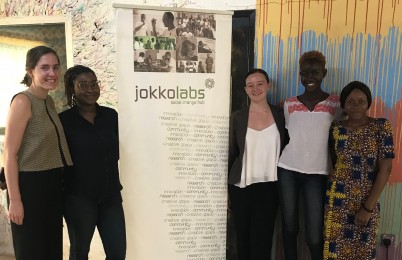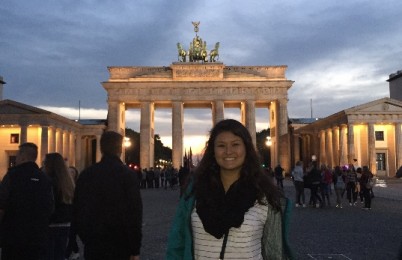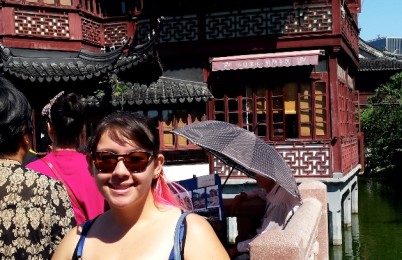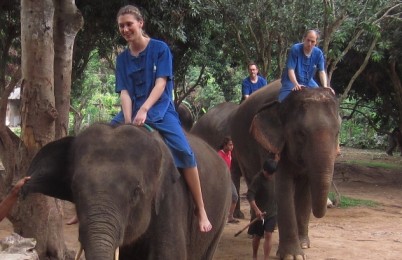IPE analyzes global issues using the analytical and theoretical tools of social scientists. IPE aims to prepare its students to use these these tools in the field – both locally and internationally – and is a critical part of the learning process for each IPE major.
Research
IPE offers a grant up to $5,000 to one or two of its students to conduct full-time research over the summer. IPE hopes to encourage its students to apply the tools they’ve learned through classwork to a research project they are passionate about. By doing so, they are able to connect knowledge acquired through classes to an independent project that will give them a hands on experience, and prepare them for life outside of college.
Learn more about the grant and see previous recipients research reports.
Experience the World
About two-thirds of all Puget Sound IPE students study abroad. IPE majors who study abroad can apply for the Vasilius Study Abroad Project Grant which provides up to $4,000 to help cover transportation and other costs associated with their program.
Learn more about the Study Abroad Project Grant.
Prepare as a Professional
One of the main goals of the IPE Program is to prepare its students for their future careers. To do so, IPE encourages its students to apply for internships. For IPE students seeking an international internship, The Vasilius International Summer Internship grant helps gain meaningful work experience by providing up to $4,000 to help cover the cost of transportation, accommodation, and food expenses.
Learn more about the International Internship Grant.
Engage Your Community
While the IPE Program is a part of the learning community here at UPS, we are also part of a greater community in the Tacoma area. The Program invites local speakers to talk about their work. IPE also encourages its students to become more locally involved. For example, in IPE 332 (Experiencing the Food System), students spend time outside the classroom engaging with and learning from local farmers and community gardeners.
The Community Engagement Initiative (CEI) provides grants of $250 to $1000 to students pursuing community-based learning experiences, including volunteer opportunities. Grants are available for fall, spring, and summer terms. CEI grant recipients must plan to engage community organizations for 30+ hours over at least 6 weeks.




